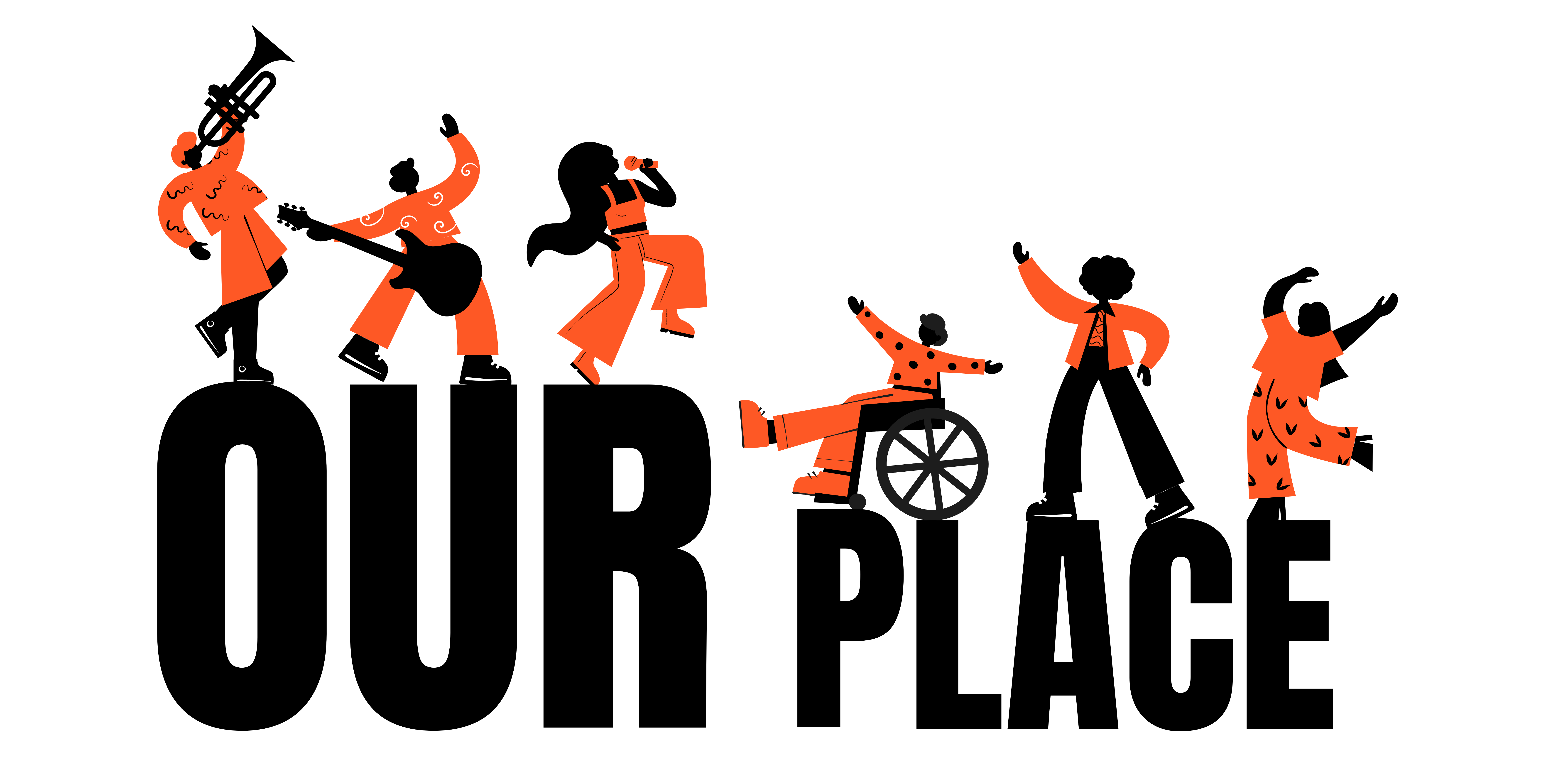Tool-Kit
Creating your own Community Archive
Work Flow :
List of Resources :
If you have used one or more of our guides, we would love to hear your feedback. Please get in touch with any comments, suggestions or requests for future guides.
External Resources :
1. General Resources
- Manchester Histories, Creating your own archive
- Book Bunk, How to build a personal archive
- The British Library, Introduction to digital archiving
- Denver Art Museum, How to preserve and archive digital photos, videos, and documents
- University of Westminster, Managing your personal digital archive
2. Physical Archives
The advice in our guides is designed for digital archives and contains information on how to digitise information and curate an online presence. However you will probably still have physical items you need to store and look after, or you may feel a more traditional physical archive meets your needs.
For specific advice on caring for items in a physical/analogue archive please see the resources below:
- Hampshire Archives, Looking after archives
- West Yorkshire Archive Service, Guides to caring for records
3. Community Archiving and GDPR
GDPR is the law that you must follow for the management of personal data. Personal data includes any information that would allow an individual to be identified (e.g. name, address, e-mail and photo).
If you are involved with the running of a venue then you are probably familiar with GDPR in relation to running an organisation (e.g. collecting names for a mailing-list, event bookings, membership lists, etc.)
It is also important to consider GDPR when collecting personal data which will form part of your archive (e.g. letters, documents or photos related to living people).
For guidance on GDPR and community archiving please see here:
- Community Archives and Heritage Group, Community archives and GDPR
- 2018 Community Archives conference, Presentation by Jon Elliott (Archives and Records Association) and Jack Latimer (Community Archives and Heritage Group)
4. Community Archiving and Copyright
Another thing to consider when archiving, especially when digitisation is involved, is Intellectual Property Rights (IPR). Further guidance can be found here:
- Scottish Council on Archives and CREATe, Copyright for archivists: an introduction
- Scottish Council on Archives, Understanding copyright webinar series
5. Audio-visual Materials
Advice for incorporating video or audio files into your archive:
- Library of Congress, Transferring video from tape, DVD or camera to your computer
- University of Michigan Library, Best practices for producing quality digital video files
- Kara Van Malssen, Digital video preservation and oral history
The British Library’s ‘Unlocking our Sound Heritage’ project has produced nine short guides relating to various aspects of audio archiving, including format identification, storage, digitisation, cataloguing, and copyright and data protection issues relating to sound recordings:
- British Library, How to care for sound recording collections
6. Digital Preservation
External resources for digital preservation:
- Community Archives and Heritage Group, Digital preservation for community archives
- Digital Preservation Coalition, Digital preservation handbook
- Digital Preservation Coalition, Novice to know-how training
